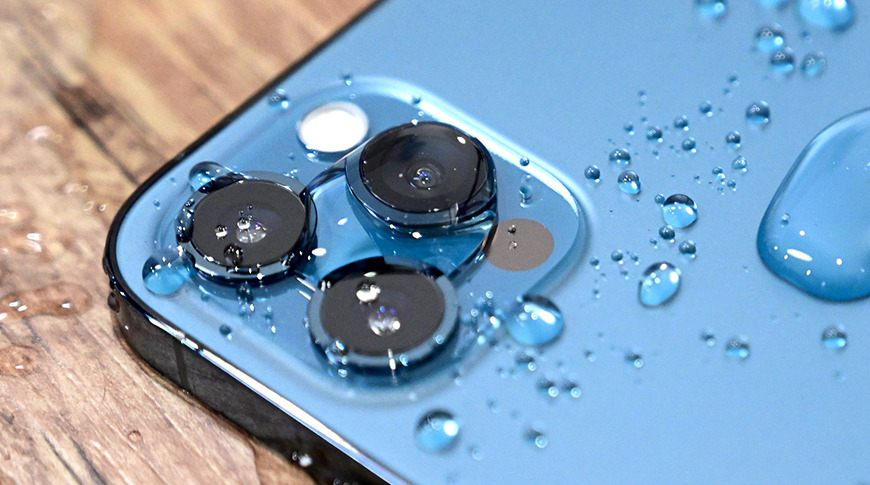Apple has begun severing ties with iPhone camera module supplier O-film after learning the company had been using forced labor.
In July, the U.S. Department of Commerce had added O-Film to a list of companies implicated in human rights violations against Uighur Muslim minorities.
The Elec claims that Apple is only allowing the company to supply camera models for older iPhone models. This may hint that the Cupertino-based tech giant needs time to find a replacement, though it isn't quite clear from the source.
It is estimated that O-film Tech supplies about 10% of Apple's camera modules — a number that has declined over the last four years. LG InnoTek is said to supply about around 50% of what Apple needs for the iPhone, and Sharp fulfills about 30% of demand. Specific product mix between the trio isn't clear.
It was recently reported that Apple had been lobbying for changes to The Uyghur Forced Labor Prevention Act.
Apple has proposed extending compliance deadlines, releasing certain supply chain information to Congress and not the public, and requiring Chinese entities to be "designated" by the U.S. government as helping to surveil or detain Uighurs in Xinjiang.
Apple has disputed the claim, stating that it has the strongest supplier guidelines in the industry, and pointed out that it regularly audits its supply chain partners.
In 2019, Apple removed 18 smelters and refiners for violating conflict mineral code of conduct.
The Elec has a good track record in regards to Apple's moves within the supply chain. It has a notably poorer one as it pertains to Apple's future product plans. Thursday's report is more of the former, than the latter.
 Amber Neely
Amber Neely








 Marko Zivkovic
Marko Zivkovic
 Mike Wuerthele
Mike Wuerthele
 Christine McKee
Christine McKee

 Sponsored Content
Sponsored Content
 Wesley Hilliard
Wesley Hilliard

 William Gallagher
William Gallagher









43 Comments
Don't take away income from poor people. If you choose to manufacture in places where people are poor than overlook what's going on and let local goverment and society address it, not my investment in Apple.
I trust Apple to do the right thing before any government agency, politician, or news organization.